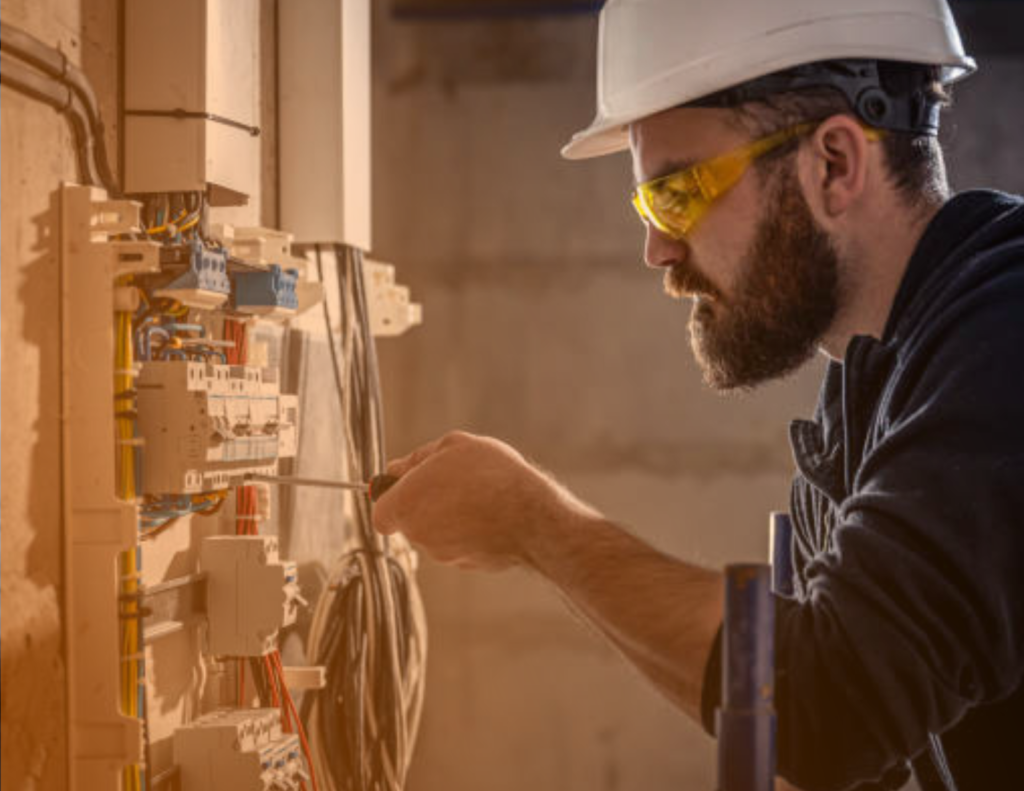In the complex and demanding world of manufacturing, where precision, efficiency, and safety are paramount, professional facility management becomes a critical player. Manufacturing facilities face unique challenges that require a high level of operational fluency and stringent adherence to safety and quality standards. Here’s how integrating professional facility management services can significantly enhance operations, ensuring manufacturers can focus on their core business while optimizing productivity and safety.
1. Maintaining High Standards of Operational Safety
Safety is a top priority in manufacturing due to the high-risk environments typically involved. Facility managers specialize in ensuring that all aspects of a manufacturing plant meet safety standards, from regular checks of heavy machinery to maintaining clear safety signage and emergency exits. Services such as floor tiles repair, concrete works, and regular maintenance of emergency response systems are essential to prevent accidents and ensure a safe working environment for all employees.
2. Enhancing Efficiency with Preventive Maintenance
Downtime in manufacturing can lead to significant losses. Thus, preventive maintenance is not just beneficial; it’s crucial. Facility management teams perform regular inspections and maintenance on essential machinery and infrastructure to ensure everything operates at peak efficiency. This includes services like exhaust fan repair, lighting system maintenance, and dedicated circuit installation, which help avoid unplanned outages and costly interruptions in production processes.
3. Supporting Quality Control through Environmental Management
The manufacturing environment directly impacts product quality. Controlling factors like temperature, humidity, and cleanliness is essential, especially in industries like pharmaceuticals or electronics. Facility managers ensure that HVAC systems are properly maintained and that environments are optimal for the specific manufacturing processes at hand. This includes regular checks and repairs of insulation and ventilation systems, contributing to consistent product quality and compliance with industry standards.
4. Facilitating Technological Upgrades and Integration
As manufacturing evolves with advances in technology, such as the integration of IoT and automated systems, facilities must adapt quickly. Facility managers are crucial in overseeing the installation and maintenance of new technologies, ensuring that the infrastructure supports these upgrades. Electrical services like dedicated circuit installation and breaker repairs are fundamental to support the high power demands of new manufacturing technologies, ensuring seamless integration and functionality.
5. Improving Sustainability and Cost-Efficiency
Energy consumption is a significant concern in manufacturing due to the extensive use of heavy machinery and lighting. Facility managers help implement energy-efficient practices and technologies, reducing operational costs and environmental impact. This might include upgrading to LED lighting, improving building insulation, or installing energy-efficient windows and doors. Such initiatives not only help in cost reduction but also enhance the facility’s sustainability profile.
Conclusion
For manufacturing sectors looking to optimize their operations, reduce costs, and improve product quality, professional facility management offers indispensable benefits. By ensuring that facilities are safe, well-maintained, and up-to-date with technological and environmental standards, facility managers allow manufacturers to focus on their primary goal: producing high-quality products efficiently and safely. Partnering with a skilled facility management team can transform operational challenges into opportunities for growth and innovation, setting a foundation for sustained success in the competitive manufacturing landscape.






